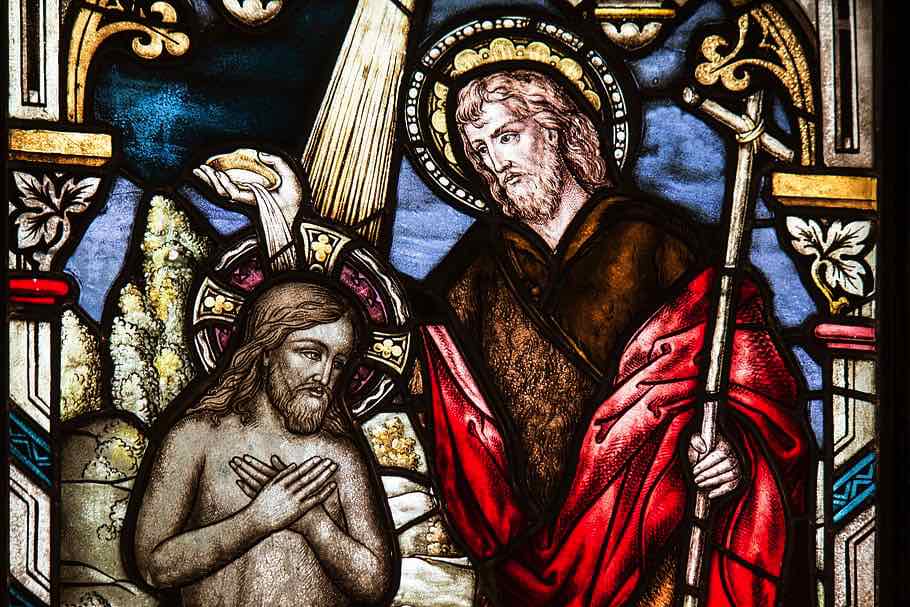
In Luke 4, Jesus preaches at Nazareth. He quotes Isaiah 61 and in doing so He proclaims His mission statement to preach good news to the poor, proclaim freedom for prisoners, recovery of sight to the blind, to release the oppressed and proclaim the year of God’s favor.
Obviously, that mission would be made immeasurably easier if He had no opposition to it – if He had the co-operation of those who might be otherwise opposed to Him right from the start. It is this co-operation that Satan offered Jesus in Matthew 4, before Jesus rose to speak at the synagogue in Nazareth. Together on the very high mountain, Satan shows Jesus all the kingdoms of the world. Matthew 4:9 details Satan’s offer. “All this I will give you,” he said, “if you will bow down and worship me.”
Starving and tired, knowing what He came to do and now faced with the temptation of accomplishing His mission without bothering to overthrow the enemy, Jesus does not hesitate in His response. Matthew 4:10 declares, “Jesus said to him, “Away from me, Satan! For it is written: ‘Worship the Lord your God, and serve him only.’””
It is but two verses. Two verses that encapsulate the whole of the spiritual war. The first (Matt 4:9) is the epitome of temptation at the intersection of personal felt need and seeming expedience. The next (Matt 4:10) is an authoritative rejection of demonic presence based on the written Word of God. Two complete polar opposites, with but one thing in common – the idea of worship.
Tony Reike wrote a brief synopsis of Beale’s book, We Become What We Worship; “His thesis is simple: “What people revere, they resemble, either for ruin or for restoration.” He traces the theme throughout Scripture to show that we are worshippers, and that our worship exposes us and changes us. We either revere the world and are conformed to the sinful patterns of the world, or we revere God and are progressively conformed into his likeness.”
Worship does expose us, for to be worshipful one must be vulnerable. And worship does change us, for to be vulnerable is to be open to influence – either to our hurt, or to our benefit. So in the act of choosing the object of our worship, we determine who will influence us the most – for better or worse.
Jesus does not leave that decision to his emotion, or even to His own intellect – weakened as both may be by the physical trial He has undergone. He takes His decision from the Word of God. He makes that decision through remembrance and repetition of the Word He has memorized from His childhood days: “Hear, O Israel: The Lord our God, the Lord is one. Love the Lord your God with all your heart and with all your soul and with all your strength. These commandments that I give you today are to be upon your hearts. Impress them on your children. Talk about them when you sit at home and when you walk along the road, when you lie down and when you get up. Tie them as symbols on your hands and bind them on your foreheads. Write them on the doorframes of your houses and on your gates. […] Fear the Lord your God, serve him only and take your oaths in his name.”
To worship God Most High in the comfort and joy of a short corporate gathering is easy. It takes little effort and virtually no practice. But to maintain worship of God Most High in the stress of everyday life – and especially in the darkest moments of our most severe temptation – is the fruit of much time in the Word of God.
I guide you in the way of wisdom and lead you along straight paths. When you walk, your steps will not be hampered; when you run, you will not stumble. Hold on to instruction, do not let it go; guard it well, for it is your life.
The Father, speaking through Solomon (Pr 4:11–13)
APPLICATION: Intentionality
How full is your mind with the Word of God? Will you be able to stand in the hour of temptation?










